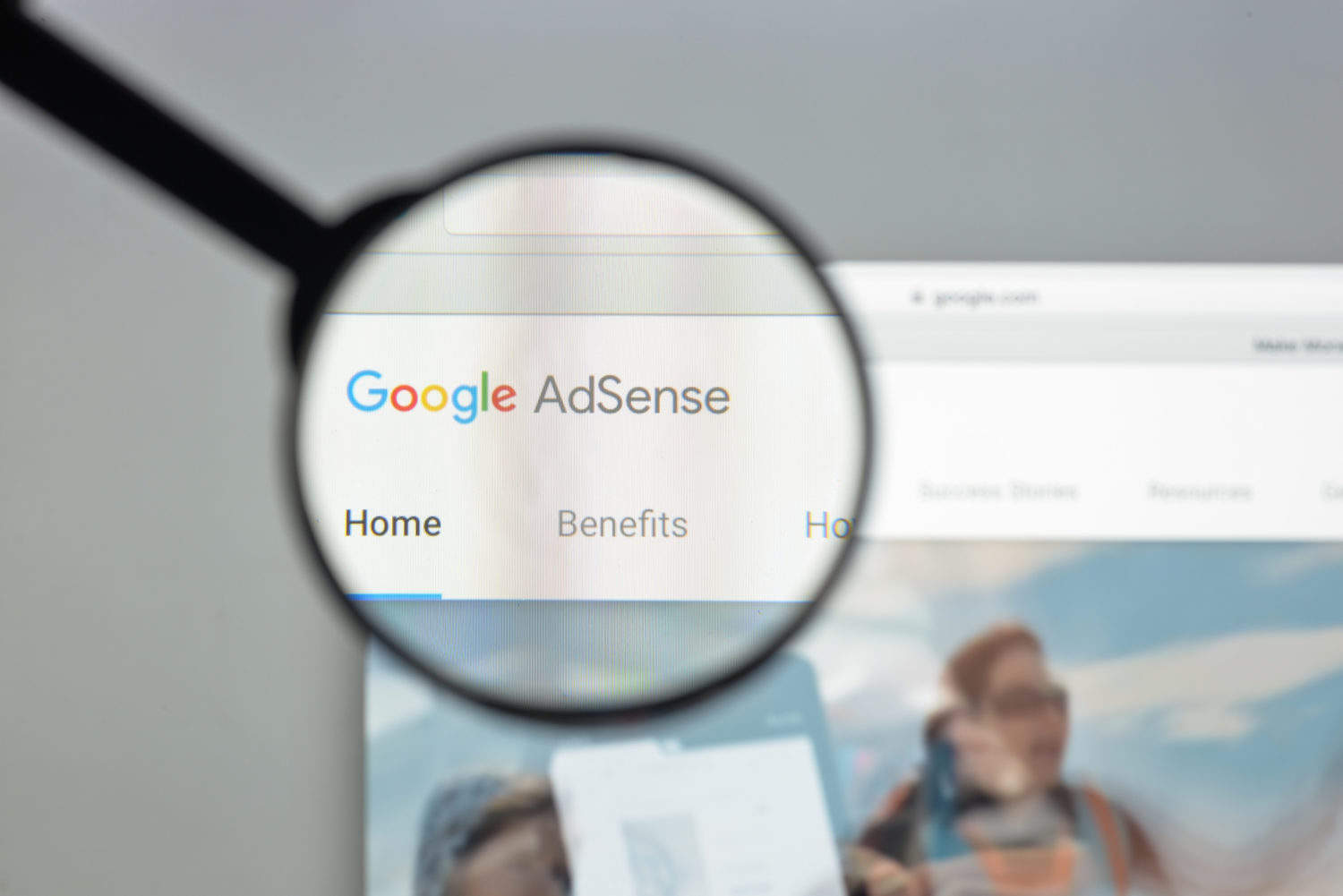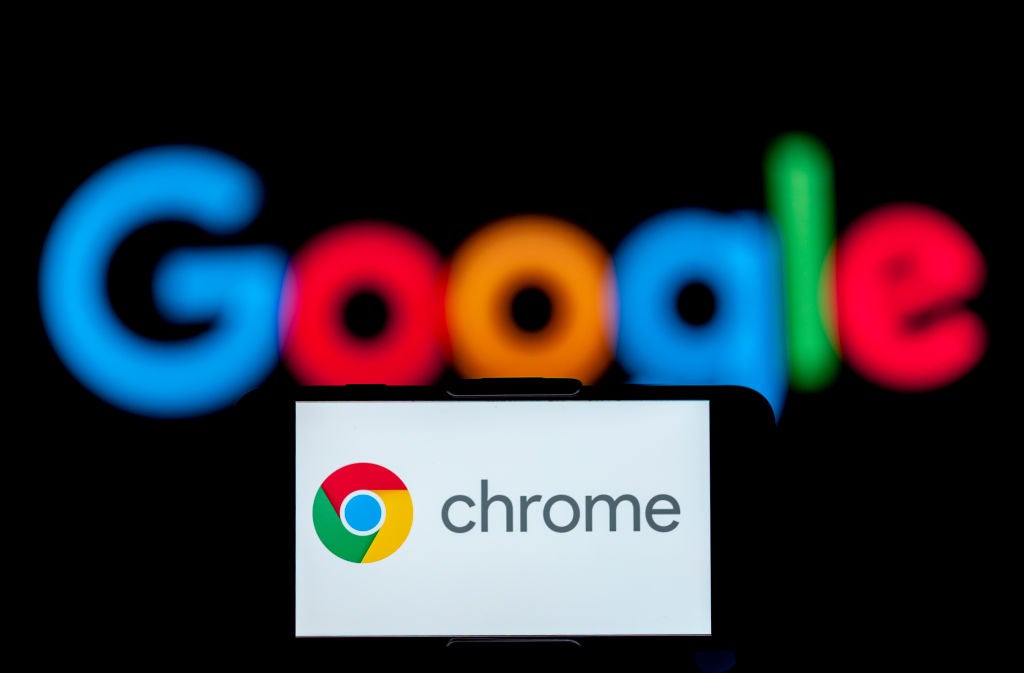In a bid for greater transparency Google ad tool updates were announced earlier this month, showing the tech giants willingness to ease consumer concerns.
In a climate where mishandling and abuse of online consumer information is ratcheting up internet privacy concerns, advertising platform providers are under pressure to prove they are addressing those concerns. Throw in the new European Union General Data Privacy Regulation (GDPR) and providers are even more under the gun to demonstrate they have privacy issues under control.
Google added a new feature to its ad settings tool that gives a user a consolidated interface to the elements that influence what advertisements are targeted to that particular consumer. The end user can click on any of those individual influences to avoid a specific category of advertisements, such as “investing” or “travel.” The aim is to engender trust in Google as a platform by giving consumers more clarity on ads that are directed to them.
Facebook, which came under fire when reports surfaced that British political consulting firm Cambridge Analytical took the data of tens of millions of Facebook users to create voter profiles during the 2016 presidential election season, is adding new controls centered on targeted user data. Starting in July, Facebook will release information on where an advertiser is getting data used to direct advertising. This requires advertisers to disclose ‘the origin of the audience’s information,” whether the source is a broker, the customer or some combination.
What are the Google ad tool updates?
In a blog post Google notes that many issues factor into how ads are targeted including an assessment of interests based on search activity, and data collected from advertisers that work with Google. Using cookies from these searched sites, advertisers can direct ads to the appropriate audience.
However, as anyone who has spent any time on the web recently can attest, ad targeting can seem random or rudimentary instead of truly scientific. Anecdotes of ads targeted toward individual consumers featuring an already purchased product abound.
How well do you really know your competitors?
Access the most comprehensive Company Profiles on the market, powered by GlobalData. Save hours of research. Gain competitive edge.

Thank you!
Your download email will arrive shortly
Not ready to buy yet? Download a free sample
We are confident about the unique quality of our Company Profiles. However, we want you to make the most beneficial decision for your business, so we offer a free sample that you can download by submitting the below form
By GlobalDataWhile the Google ad tool seems to be a step toward helping consumers regain some control over their online experience, it is a fairly minimalist one. A consumer could choose to turn off all the factors used to target them but then Google will use general factors to channel ads to individuals.
Will the Google ad tool update help build consumer confidence?
It is unclear whether these efforts and other actions advertising platform providers have taken will help increase consumer confidence in online advertising in general or their individual platforms in particular. Efforts to illuminate the online advertising process will actually draw attention to that fact that these provider’s core business is to serve up advertisements, not provide free technology to consumers.
Highlighting this reality could actually make some consumers back away from these platforms. That said, enough attention has already been focused on data privacy challenges associated with these sites that at this point, ad platform providers have no choice but to own up to their business model and detail how the targeting process works.








Related Company Profiles
Google LLC
Meta Platforms Inc